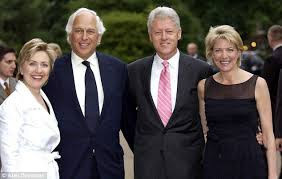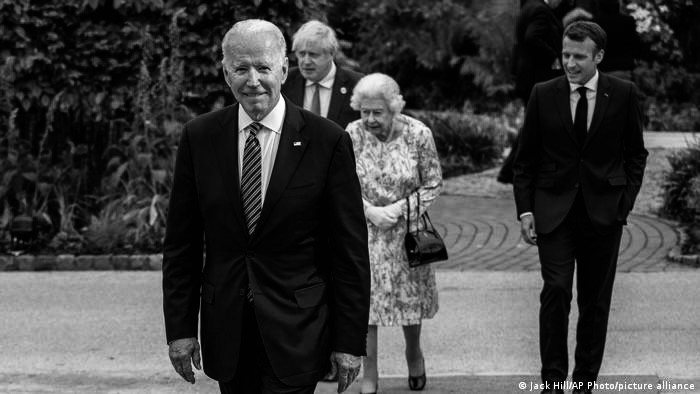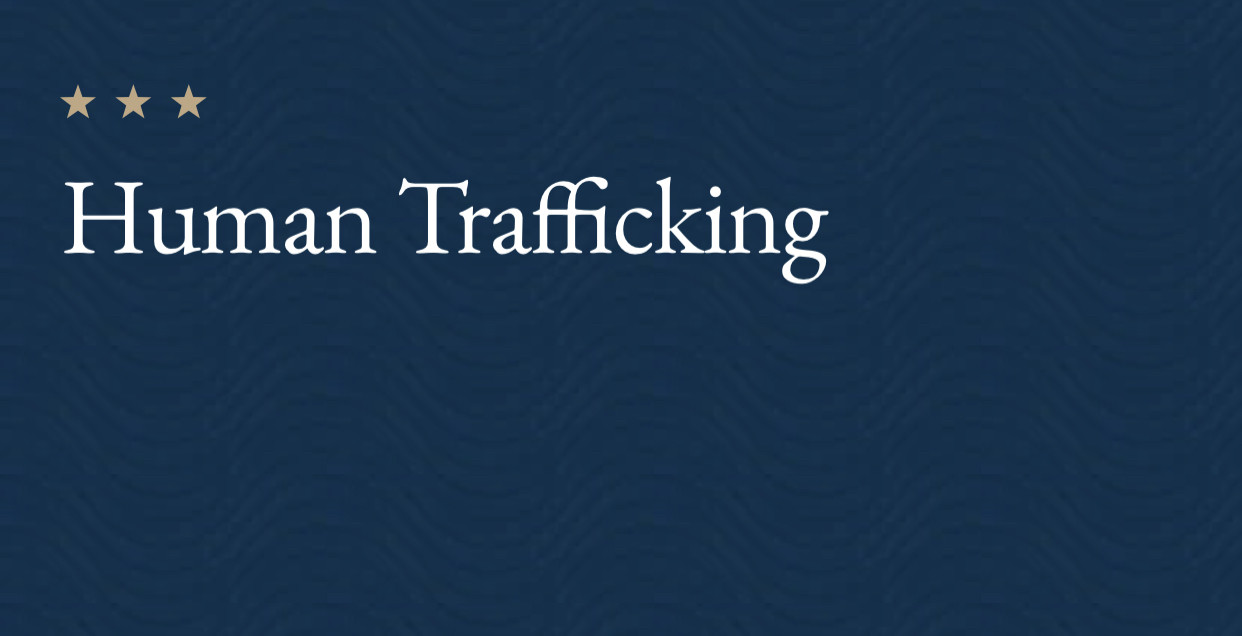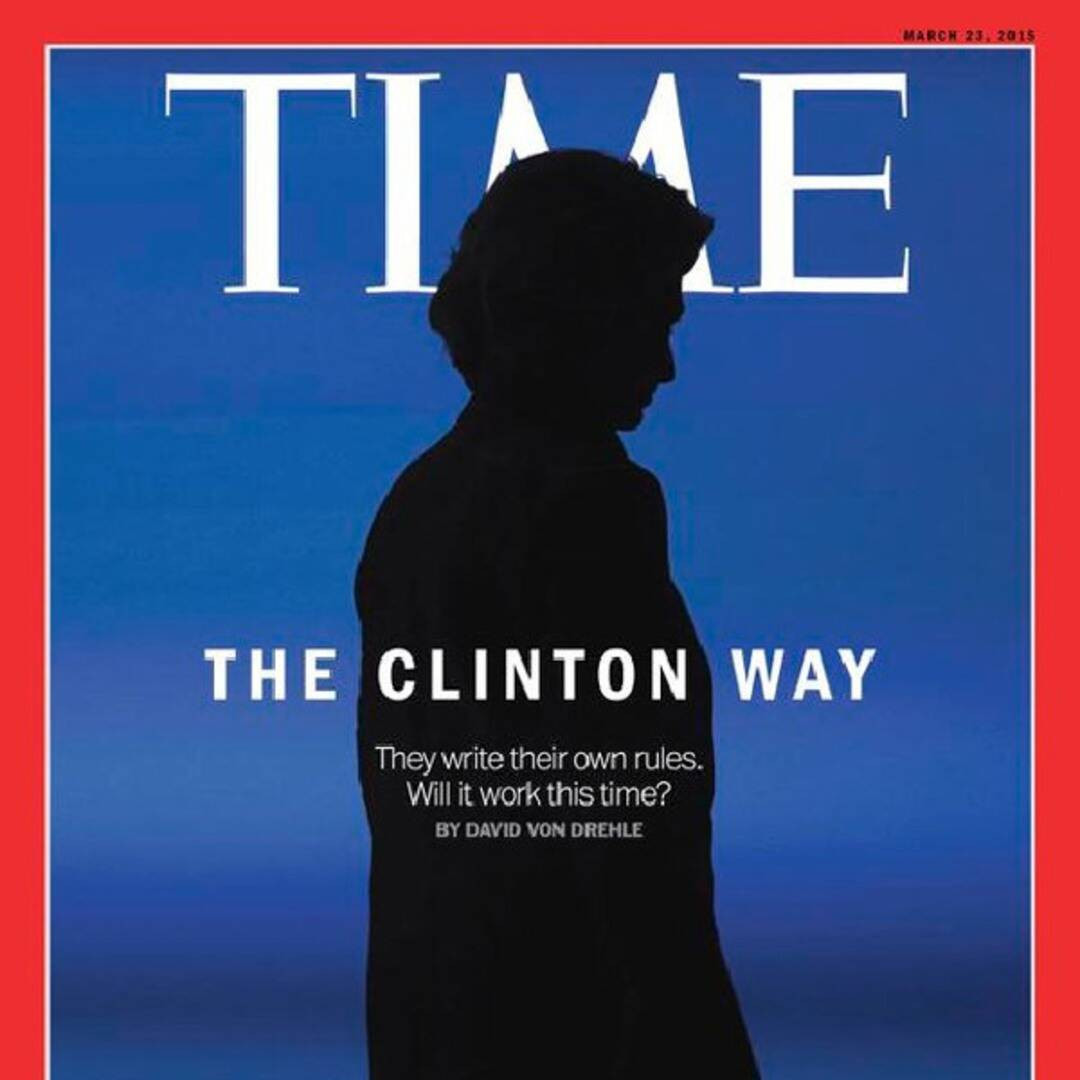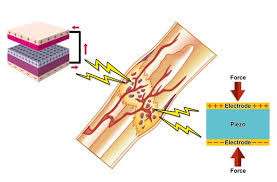French Expert Pushing Vaccines on Children a Rothschild Foundation Chairman | Europe Reloaded
ER Editor: First, we’re publishing an extract from a recent RT piece on what France’s ‘Mr. Vaccine’, Alain Fischer, has to say on why the young should be vaccinated and quickly. Fischer, a Rothschild medical [...]
https://www.europereloaded.com/french-expert-pushing-vaccines-on-children-a-rothschild-foundation-chairman/
Throughout his career, Evelyn de Rothschild has been actively involved in a number of other organisations in both the private and public sectors and has held the following business positions:
Chairman - The Economist (1972–1989)
Chairman - British Merchant Banking & Securities House Association (1985–1989)
Deputy Chairman - Milton Keynes Development Corporation (1971–1984)
Chairman - United Racecourses (1977–1994)
Director - De Beers Consolidated Mines (1977–1994)
Director - IBM United Kingdom Holdings Limited (1972–1995)
Evelyn de Rothschild also served as a Director of the newspaper group owned by Lord Beaverbrook. Years later, he served for a time as a Director of Lord Black's Daily Telegraph newspaper. An owner of thoroughbred racehorses, he is a former chairman of United Racecourses.
In 1967 Sir Evelyn created the Eranda Foundation to support social welfare, promote the arts and to encourage research into medicine and education.
Sir Evelyn serves as Queen Elizabeth II's financial adviser[citation needed].
traitor
/ˈtreɪtə/
noun
a person who betrays someone or something, such as a friend, cause, or principle.
"he was a traitor to his own class"
betrayer
back-stabber
double-crosser
double-dealer
renegade
Judas
quisling
fifth columnist
viper
turncoat
defector
apostate
deserter
collaborator
fraternizer
colluder
informer
double agent
snake in the grass
two-timer
rat
scab
traditor
tergiversator
renegado
Opposite:
loyalist
patriot
treason
/ˈtriːz(ə)n/
noun
the crime of betraying one's country, especially by attempting to kill or overthrow the sovereign or government.
"they were convicted of treason"
a betrayal of one's principles for reasons of expedience.
"one of the biggest political sell-outs in decades"
paedophile ring
noun [ C ] UK ( US pedophile ring)
UK /ˈpiː.də.faɪl ˌrɪŋ/ US /ˈped.oʊ.faɪl ˌrɪŋ/
a group of people who take part in illegal sexual activity involving children
According to the International Labour Organization (ILO), forced labour alone (one component of human trafficking) generates an estimated $150 billion in profits per annum as of 2014. In 2012, the ILO estimated that 21 million victims are trapped in modern-day slavery.
Biden administration launches anti-human trafficking task force | TheHill
The Biden administration on Monday announced the formation of a new task force to combat human trafficking and smuggling groups operating in the Northern Triangle countries and Mexico in tandem with Vice President Harris’s trip to the region.
https://thehill.com/homenews/administration/557196-biden-admin-launches-anti-human-trafficking-task-force
https://vienna.usmission.gov/fact-sheet-president-trump-action-to-end-human-trafficking/
Why start a new one?
Fact Sheet: President Donald J. Trump is Taking Action to End Human Trafficking | U.S. Mission to International Organizations in Vienna
ENDING HUMAN TRAFFICKING: President Donald J. Trump and his Administration are working to end the scourge of human trafficking, also known as modern slavery.• Today, the President’s Interagency Task Force to Monitor and Combat Trafficking in Persons (PITF) met to discuss the Administration’s efforts..
https://vienna.usmission.gov/fact-sheet-president-trump-action-to-end-human-trafficking/Today, the President’s (Mr Trump) Interagency Task Force to Monitor and Combat Trafficking in Persons (PITF) met to discuss the Administration’s efforts..
Even though the U.S. offers protection for trafficking victims, few victims seek the government's aid due to fear of corruption, fear of deportation, or fear of reprisals with their family
"fear of corruption" ?
WikiLeaks is giving you inside information of corruption by the Clintons. Take it for what it’s worth.
“Blessed is the nation whose God is the Lord, the people He choose for His inheritance.” Ps. 33:12
From Old English flǣsċ, from Proto-West Germanic *flaiski, from Proto-Germanic *flaiski, from Proto-Indo-European *pleh₁ḱ- (“to tear, peel off”).
In some senses, from Middle English flasshen, a variant of flasken, flaskien (“to sprinkle, splash”), which was likely of imitative origin; in other senses probably of North Germanic origin akin to Swedish dialectal flasa (“to burn brightly, blaze”), related to flare. Compare also Icelandic flasa (“to rush, go hastily”).
flash (third-person singular simple present flashes, present participle flashing, simple past and past participle flashed)
(transitive) To cause to shine briefly or intermittently.
He flashed the light at the water, trying to see what made the noise.
(intransitive) To blink; to shine or illuminate intermittently.
The light flashed on and off.
(intransitive) To be visible briefly.
The scenery flashed by quickly.
(transitive) To make visible briefly.
A number will be flashed on the screen.
The special agents flashed their badges as they entered the building.
She flashed me a smile from the car window.
(transitive, intransitive, informal) To briefly, and often unintentionally, expose one's naked body or underwear, or part of it, in public. (Contrast streak.)
Her skirt was so short that she flashed her underpants as she was getting out of her car.
(transitive, informal) To show or expose an "inappropriate" part of the body to someone for humorous reasons or as an act of c
(figuratively) To break forth like a sudden flood of light; to show a momentary brilliance.
to flash conviction on the mind
(to briefly illuminate): glint
flashback
flasher
flashforward
flashing
flashlight
flash over, flashover
flash up
reflash
From German blinken (“to flash”).
Pronunciation
IPA(key): /blenɡe/, [ˈb̥leŋɡ̊ə]
Verb
blinke (imperative blink, infinitive at blinke, present tense blinker, past tense blinkede, perfect tense har blinket)
blink
wink
glint
flash
twinkle
gleam
indicate (to signal in a vehicle the desire to turn right or left)
indicator light in British English
(ˈɪndɪˌkeɪtə laɪt) automobiles. a device for indicating that a motor vehicle is about to turn left or right; blinker. a car with a faulty indicator light.
Photoluminescence (PL) blinking, a key process that governs the emission efficiency of the PQD materials, is investigated in detail by the time‐resolved spectroscopic measurements of individual dots.
Bloud
blood
loud
/laʊd/
adjective: loud; comparative adjective: louder; superlative adjective: loudest
producing or capable of producing much noise.
"they were kept awake by loud music"
noisy
blaring
booming
deafening
roaring
thunderous
thundering
tumultuous
clamorous
blasting
head-splitting
ear-splitting
ear-piercing
piercing
cacophonous
harsh
raucous
strident
resounding
reverberating
reverberant
carrying
clearly audible
sonorous
deep
ringing
lusty
powerful
forceful
stentorian
full-throated
rowdy
forte
fortissimo
strong or emphatic in expression.
Ultrasound-mediated delivery was first considered in the 1980s as a method for targeting and enhancing therapeutic agent delivery16. Conventional ultrasound-mediated drug delivery systems typically consist of an extracorporeally situated US transducer coupled to the skin with water or gel and aimed toward a target site17. Though this approach is not constrained by transducer size or power budget, the presence of bone or gas in the path of the US beam can produce unintended hotspots and shadows, and the patient must remain still to maintain the focus of the beam on the desired target.
US contrast agents, such as microbubbles (MBs), can be used to amplify these biophysical effects, enabling ultrasound-induced reversible permeabilization of cell membranes at low acoustic powers making them attractive for use in transepithelial drug delivery.
Microbubbles consist of an inert gas core stabilized by a lipid or polymer shell typically 0.8–10 μm in diameter18. Several papers have demonstrated the ability of MBs to amplify the biophysical effects of ultrasound, such as cavitation. The gas-filled, compressible core of MBs makes them responsive to ultrasound, causing them to compress and expand alternately. This cyclical behavior can increase cell permeability due to the formation of pores caused by either the interaction between microbubbles and cell membranes at low acoustic pressures, referred to as stable cavitation, or through shockwaves generated by the collapse of microbubbles proximal to the cell membrane under high acoustic pressures, referred to as inertial cavitation
Inertial cavitation (IC) occurs when the bubble diameter grows to at least twice its original diameter, generally during a single cycle of acoustic pressure. The bubble then collapses violently, driven by the inertia of the fluid, potentially fragmenting into many smaller bubbles.
The cracking and popping sounds in joints are often due to tendons or muscles moving over the joint or the popping of nitrogen bubbles normally in the joint space , ...
What causes bubbles in joints?
Escaping gases: Scientists explain that synovial fluid present in your joints acts as a lubricant. The fluid contains the gases oxygen, nitrogen, and carbon dioxide. When you pop or crack a joint, you stretch the joint capsule. Gas is rapidly released, which forms bubbles.
Piezoelectric nanomaterials have shown to be a very promising tool for a wireless, non-invasive, and targeted electric stimulation of cells and tissues13. When these nanomaterials undergo mechanical deformations, they are able to generate electric potentials on their surface thanks to the direct piezoelectric effect.
Osteoarthritis affects 7% of the global population, more than 500 million people worldwide, with women disproportionately affected by the condition. Global Burden of Disease Study 2019 (GBD 2019) results.
Introduction
The direct piezoelectric effect was originally discovered in 1880 by Jacques and Pierre Curie. It did not come into widespread use until the first world war, when quartz was used in SONAR. This was replaced in the second world war by Barium Titanate, and this has become one of the most important piezoelectric materials in the world. Both materials are now commonly used in many ways.
The piezoelectric dipole moment
When a piezoelectric is placed under a mechanical stress, the atomic structure of the crystal changes, such that ions in the structure separate, and a dipole moment is formed. For a net polarisation to develop, the dipole formed must not be cancelled out by other dipoles in the unit cell. To do this, the piezoelectric atomic structure must be non-centrosymmetric, i.e. there must be no centre of symmetry. Materials which are centrosymmetric, when placed under stress, experience symmetrical movement of ions, meaning there isn't a net polarisation.
According to the researchers, there were approximately 41.2 million (95% UI, 36.7-46.1) prevalent cases of gout in the world in 2017, with 7.4 million (95% UI, 6.6-8.5) incident cases per year and nearly 1.3 million (95% UI, 0.87-1.8) years lived with disability
Middle English: from Old French goute, from medieval Latin gutta, literally ‘drop’ (because gout was believed to be caused by the dropping of diseased matter from the blood into the joints).
Electroporation, or electropermeabilization, is a microbiology technique in which an electrical field is applied to cells in order to increase the permeability of the cell membrane, allowing chemicals, drugs, or DNA to be introduced into the cell (also called electrotransfer).
Electroporation has several advantages: versatility (works with any cell type), efficiency, very low DNA requirements, and the ability to operate in living organisms. Disadvantages include potential cell damage and the nonspecific transport of molecules into and out of the cell.
At times the electric field itself may become detached from the source charge and form closed loops, as in the case of charges accelerating up and down the transmitting antenna of a television station. The electric field with an accompanying magnetic field is propagated through space as a radiated wave at the same speed as that of light. Such electromagnetic waves indicate that electric fields are generated not only from electric charges but also from changing magnetic fields.
4. Using Faraday's law, explain why it is impossible to have a magnetic wave without any electric component.
Well, because of Faraday's law. Not much more to say . . .except to explain Faraday's law: A magnetic wave is going to necessarily be composed of a changing magnetic field, and this is exactly the thing that induces the push on a charge, also known as an electric field. (What's more, since the electric field produced will be changing, it produces a changing magnetic field . . . and then you're back to where you started. The changing E-field produces the changing B-field which produces the changing E-field which produces the changing B-field which produces . . . etc.)

